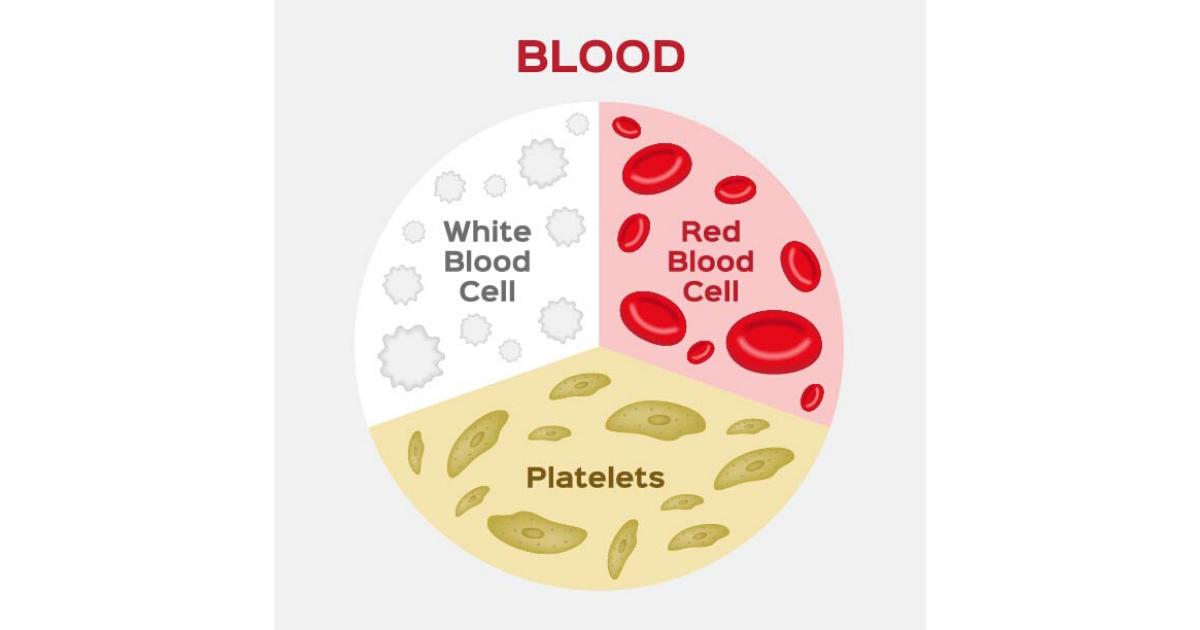Ketogenic Diets and the Blood

Epilepsy News From: Monday, June 22, 2020
Approximately every 3-6 months, ketogenic diet centers recommend you check labs while on ketogenic diet therapy. We do this to look for possible side effects from the diet, including high cholesterol, low bicarbonate, but also we can look at kidney and liver functions. It is additionally recommended to check a CBC (complete blood count) with the labs in order to evaluate aspects of the blood: white blood cell counts, red blood cells, and platelets.
But why? Is this truly necessary?
What do studies say?
- In May 2020, a study from Dr. Dressler and her team looked at the platelet counts of children on the ketogenic diet – low counts would cause increased chances of bleeding. In 162 children on the ketogenic diet, only 4 had low platelets and even then they were still only mildly low (all with counts >100). No child had increased bleeding, including several on valproate (which can affect platelets). Their conclusion was that there wasn’t a risk to platelet counts with the ketogenic diet.
- The first study to look at this question was back 16 years ago by Dr. Kang and his team from South Korea. In this famous study looking at all side effects in a series of children on the KD, they found only 2 of 129 had anemia due to iron deficiency. Two studies in 2017 and 2018 both described single cases of children on the KD who had both low white and red blood cell counts due to copper deficiency. Otherwise, however, anemia does not seem to be an issue either with the diet.
- Finally, a study from Dr. Schreck published last year looked at 52 adults on dietary therapy. They identified a small but significant drop in the white blood cell count, specifically neutrophils, over time. No adult was symptomatic, and these results may suggest a decrease in inflammation, which could be a helpful thing. This is the only study to look at this issue.
Do we need to check complete blood counts?
So do we need to check CBC results on the ketogenic diet? Combining all of these limited studies, perhaps not.
Practically, a CBC is often obtained at the same time as other tests, and may be necessary for children or adults on anti-seizure drugs in combination with ketogenic diets, so getting a CBC may be automatic and just one test of many. However, one might suggest that if drawing blood is difficult or expensive, this test could be skipped or delayed.
References
Kang HC, Chung DE, Kim DW, Kim HD. Early and late-onset complications of the ketogenic diet for intractable epilepsy. Epilepsia 2004;45:1116-1123.
Dressler A, Chiara H, Benninger F, Waldhoer T, Gröppel G, Trimmel-Schwahofer P, Samueli S, Reithofer E, Elisa E, Feucht M, Male C. Effects of the ketogenic diet on platelet counts and global coagulation tests in childhood epilepsy. Seizure. 2020 May 4;80:31-37.
Schreck KC, Lwin M, Strowd RE, Henry-Barron BJ, Blakeley JO, Cervenka MC. Effect of ketogenic diets on leukocyte counts in patients with epilepsy. Nutr Neurosci. 2019;22:522-527.
Chin A. Copper deficiency anemia and neutropenia due to ketogenic diet. Pediatrics. 2018;141:e20173286.
Rashidian H, Liu YMC, Geraghty MT, Kobayashi J, Donner EJ, Klaassen RJ. Severe neutropenia and anemia in a child with epilepsy and copper deficiency on a ketogenic diet. Pediatr Neurol. 2017 Nov;76:93-94.
Authored by
Eric Kossoff MD
Reviewed by
Elaine Wirrell MD
Reviewed Date
Monday, June 22, 2020
